
Privacy is the missing piece in decentralized finance. While DeFi promises open access and programmable money, it exposes every transaction, balance, and contract state to the world. This visibility has fueled innovation but also empowered front-runners, data harvesters, and competitors to exploit sensitive user activity. The arrival of Fully Homomorphic Encryption smart contracts is set to change this paradigm fundamentally.

How Fully Homomorphic Encryption (FHE) Changes the Smart Contract Equation
Traditional blockchains demand that all data be decrypted before computation. This means that even if your wallet address is pseudonymous, the amounts you transfer, your portfolio composition, and your trading strategies are exposed for anyone to analyze. This transparency can be a double-edged sword.
Fully Homomorphic Encryption (FHE) solves this by letting computations happen directly on encrypted data. In practice, this means a smart contract can process your encrypted trade order or balance without ever seeing the underlying numbers. The results remain encrypted until you or an authorized party decrypts them, privacy by design at every step.
This breakthrough isn’t just theoretical. Projects like Zama’s fhEVM are already enabling developers to build confidential DeFi applications without requiring a PhD in cryptography. With fhEVM and supporting Solidity libraries, developers write smart contracts as usual but gain end-to-end encryption for transaction inputs, states, and outputs.
The Power of Confidential DeFi Applications
The implications for DeFi are profound:
Key Benefits of FHE-Powered Confidential Smart Contracts in DeFi
-

Unparalleled User Privacy: FHE ensures that all sensitive data—such as transaction amounts, account balances, and user identities—remains encrypted throughout processing, shielding users from front-running and data leaks.
-
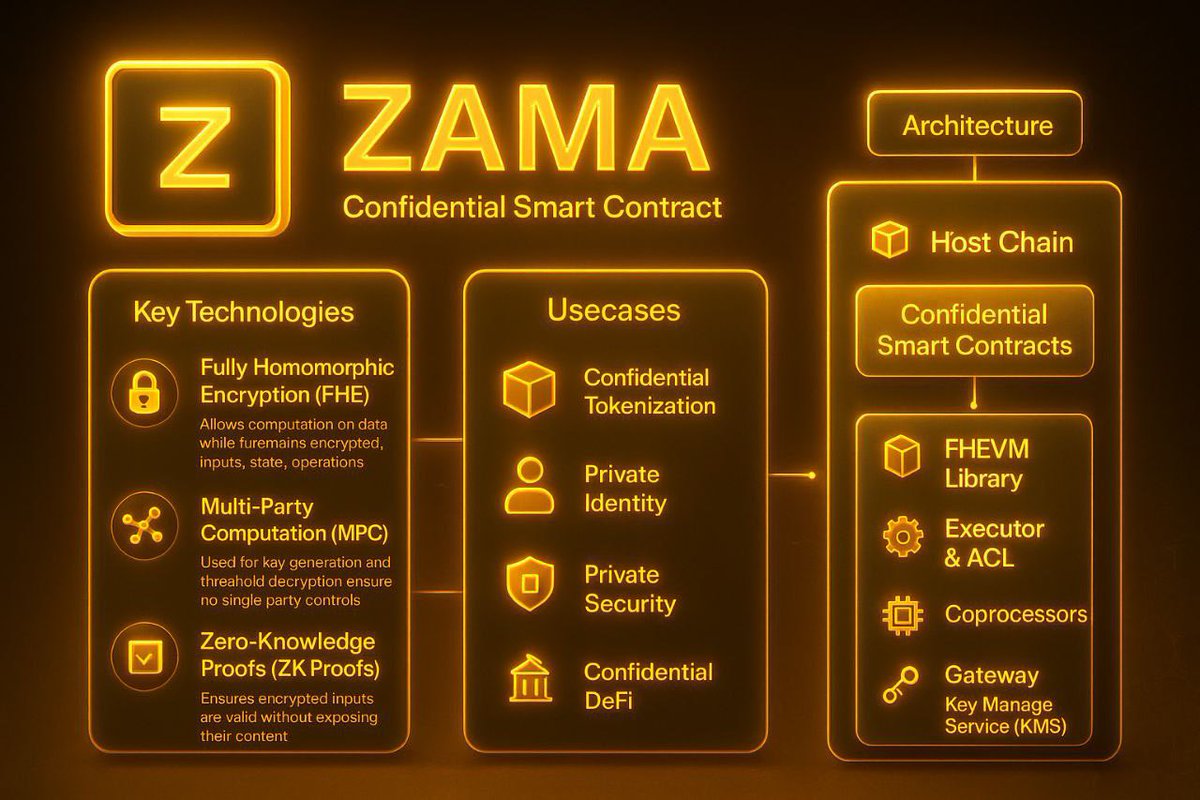
End-to-End Encrypted Transactions: Platforms like Zama’s fhEVM enable confidential smart contracts in Solidity, allowing all contract logic and state to be processed on encrypted data without requiring developers to master cryptography.
-

Composability on Encrypted States: FHE allows smart contracts to interact and compose with other encrypted contracts and tokens, unlocking new DeFi primitives like confidential lending, private governance, and sealed-bid auctions.
-

Regulatory Compliance with Selective Disclosure: FHE enables mechanisms for users or institutions to reveal only the necessary data for compliance (e.g., with GDPR or HIPAA), without exposing all transaction details.
-
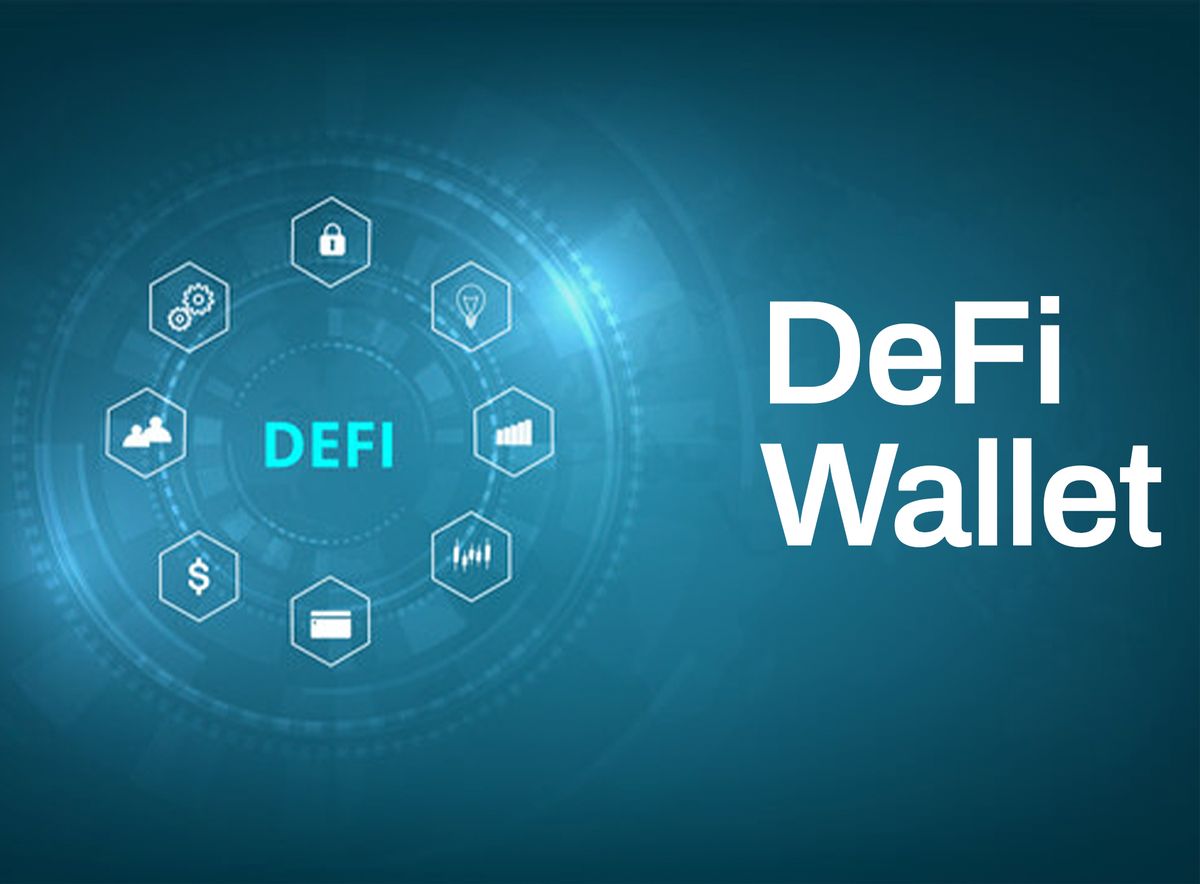
Enhanced Security Against Attacks: Keeping data encrypted during computation protects against metadata surveillance, side-channel attacks, and unauthorized access, strengthening DeFi protocol security.
-

Developer Accessibility: With tools like fhevm-solidity and partnerships (e.g., Zama & OpenZeppelin), developers can easily deploy confidential tokens and contract templates without deep cryptographic knowledge.
No longer do users have to choose between transparency and privacy. With FHE-enabled confidential smart contracts, protocols can offer sealed-bid auctions where bids remain private until settlement or enable lending platforms where collateral amounts are hidden from public view yet verifiable by the protocol logic.
Zama’s fhEVM stands out because it abstracts away cryptographic complexity. Developers use familiar tools, Solidity codebases, EVM-compatible chains, while gaining encrypted data types that preserve confidentiality throughout execution. The result? Private smart contract computation that maintains composability with existing DeFi infrastructure.
Zama and OpenZeppelin: Building the Confidential Blockchain Stack
Zama’s recent partnership with OpenZeppelin marks a strategic leap forward for privacy-preserving smart contracts. By integrating fhEVM coprocessors with OpenZeppelin’s battle-tested libraries, they’re rolling out templates for confidential ERC-20 tokens and other privacy primitives. These templates allow balances and transactions to remain fully encrypted on-chain, crucial for enterprise adoption and next-generation DeFi protocols seeking regulatory compliance without sacrificing confidentiality.
This collaboration also introduces developer tools for building private governance systems and secure auctions, all leveraging FHEVM encrypted contracts as their foundation.
The Road Ahead: Privacy Without Compromise
The convergence of encrypted data types blockchain, FHE-powered computation, and robust developer tooling signals a new era in digital asset management. As more teams adopt these solutions, expect confidential DeFi applications to become the default, not the exception, for users demanding both utility and discretion.
But the technology’s impact goes further than individual privacy. Confidential smart contracts unlock entirely new market structures and business models. Imagine decentralized prediction markets where wagers are sealed, or cross-chain lending protocols that never reveal how much capital is moving between networks. The composability of FHEVM encrypted contracts means privacy can be layered into existing DeFi primitives without breaking their interoperability or transparency guarantees for on-chain logic.
Regulators, too, are taking note. Selective disclosure mechanisms built into FHE-powered systems allow users to prove compliance, such as KYC or AML status, without exposing unnecessary data. This is a critical step for institutional DeFi adoption and for bridging the gap between open finance and regulated environments.
Developer Experience: From Theory to Deployment
The learning curve for privacy-preserving smart contracts has historically been steep. Zama’s approach with fhEVM flips this on its head. By providing Solidity libraries and EVM compatibility, developers can integrate private smart contract computation into their dApps with minimal overhead. The result is faster prototyping, easier audits, and more robust security postures for DeFi teams.
Real-World Use Cases Enabled by Confidential Smart Contracts
-
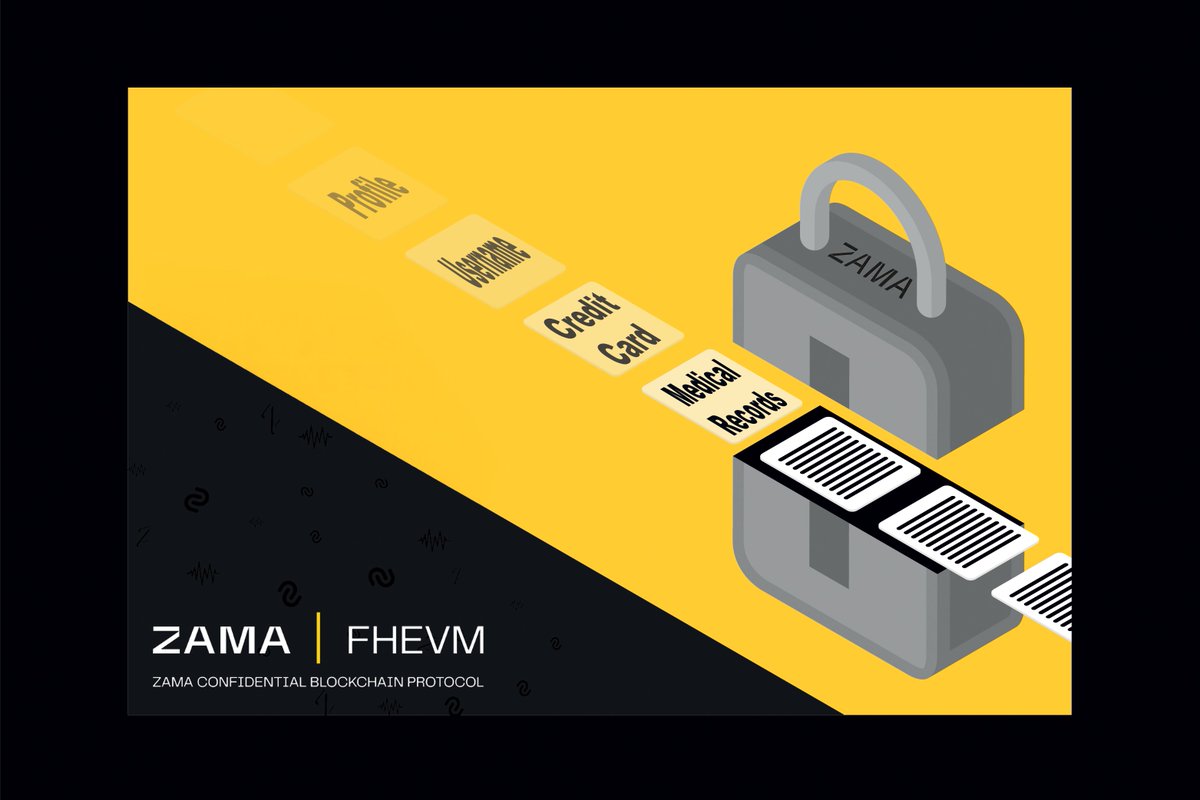
Private Auctions on Blockchain: Confidential smart contracts built with Zama’s fhEVM enable sealed-bid auctions where bids remain encrypted until the auction ends. This prevents front-running and bid manipulation, ensuring fair price discovery and protecting participant privacy.
-
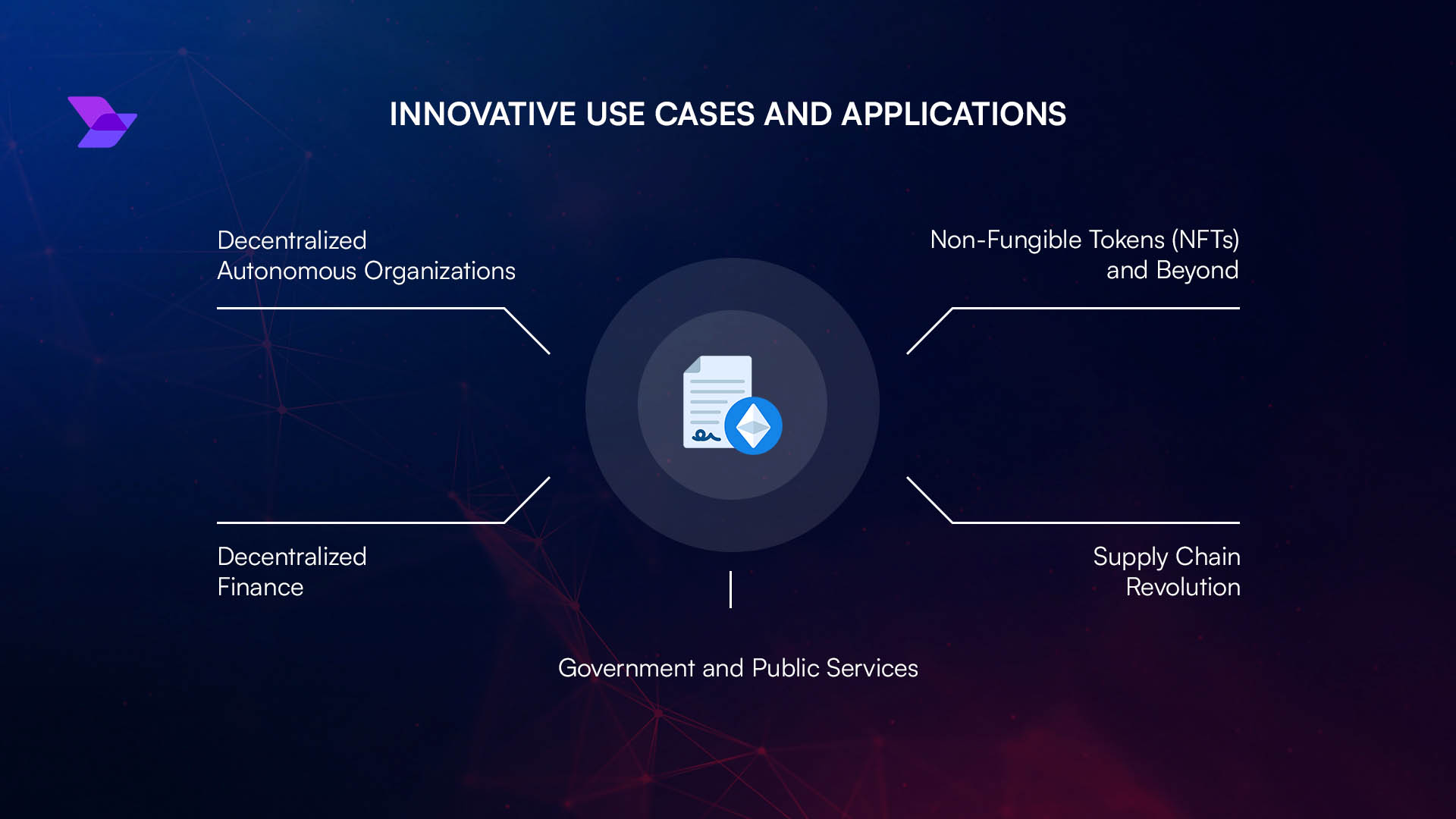
Shielded Voting for Decentralized Governance: Projects like OpenZeppelin and Zama are developing confidential governance modules, allowing token holders to cast encrypted votes. This ensures voter anonymity and prevents vote buying or coercion, while maintaining verifiable results.
-
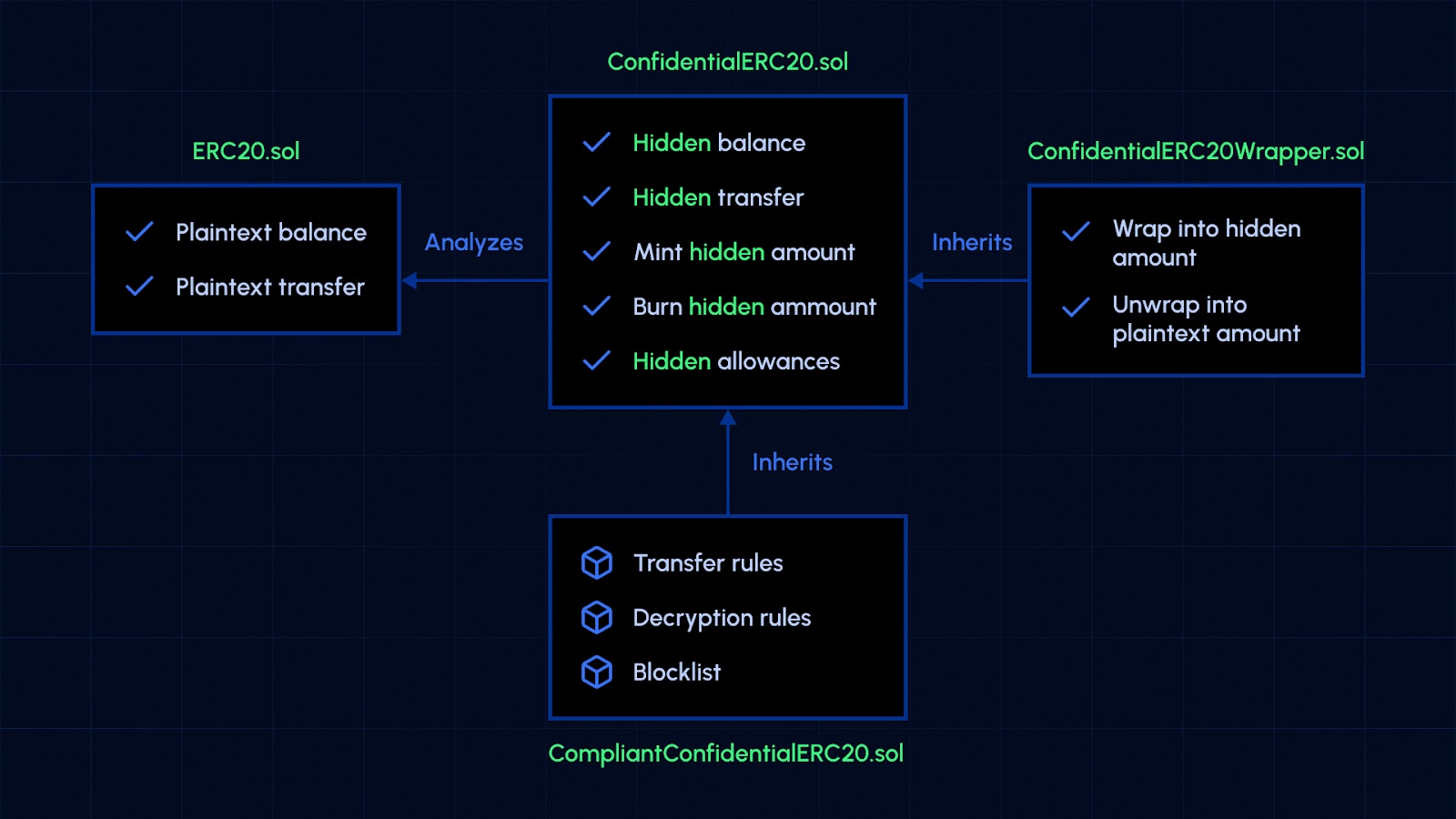
Encrypted Asset Management Platforms: Confidential ERC-20 tokens using fhEVM allow users to manage portfolios and balances entirely on-chain without exposing sensitive financial data, supporting private DeFi investment strategies and compliance with privacy regulations.
-
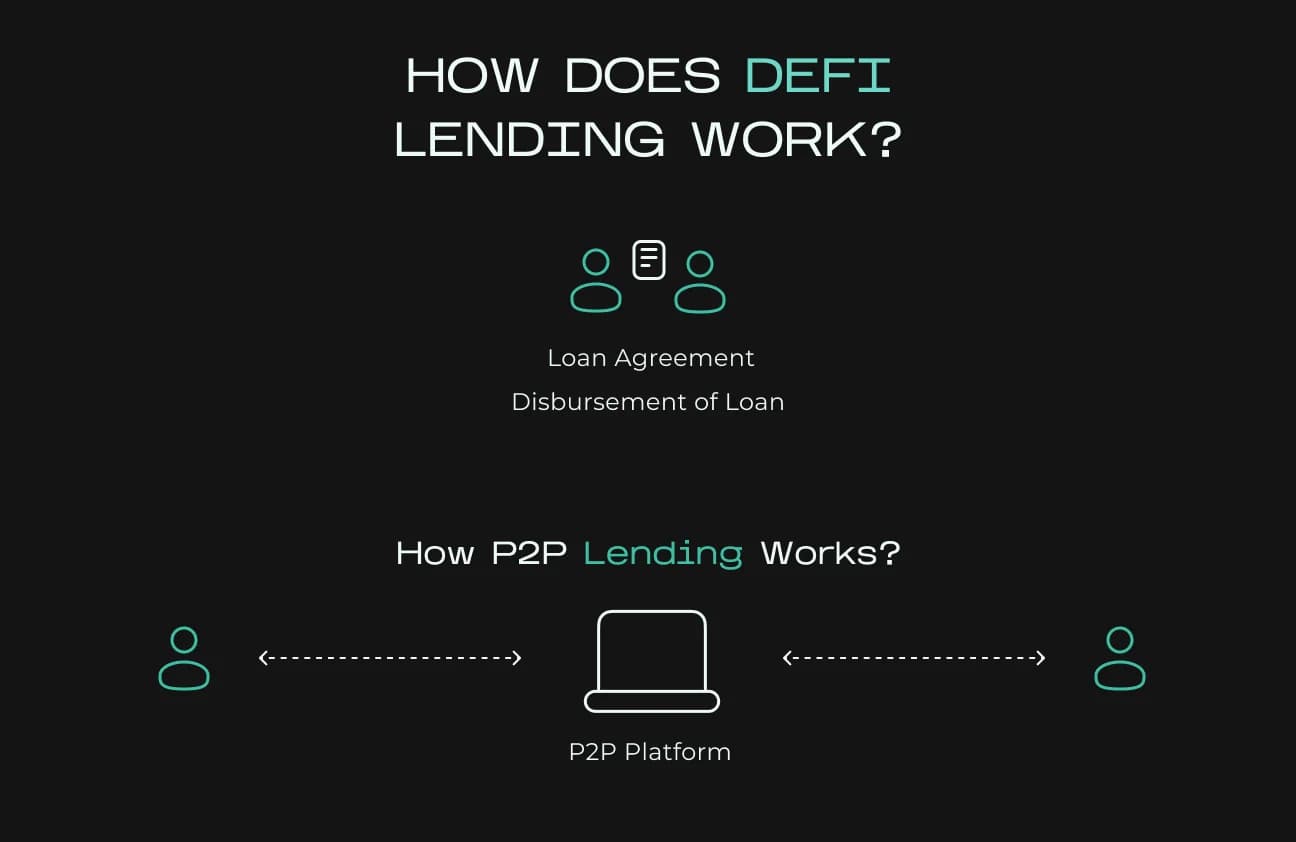
Private DeFi Lending and Borrowing: Platforms integrating FHE-powered smart contracts, such as those leveraging Zama’s Confidential Blockchain Protocol, enable users to borrow and lend assets with transaction amounts, collateral, and borrower identities encrypted—reducing risk of targeted attacks and protecting user confidentiality.
-
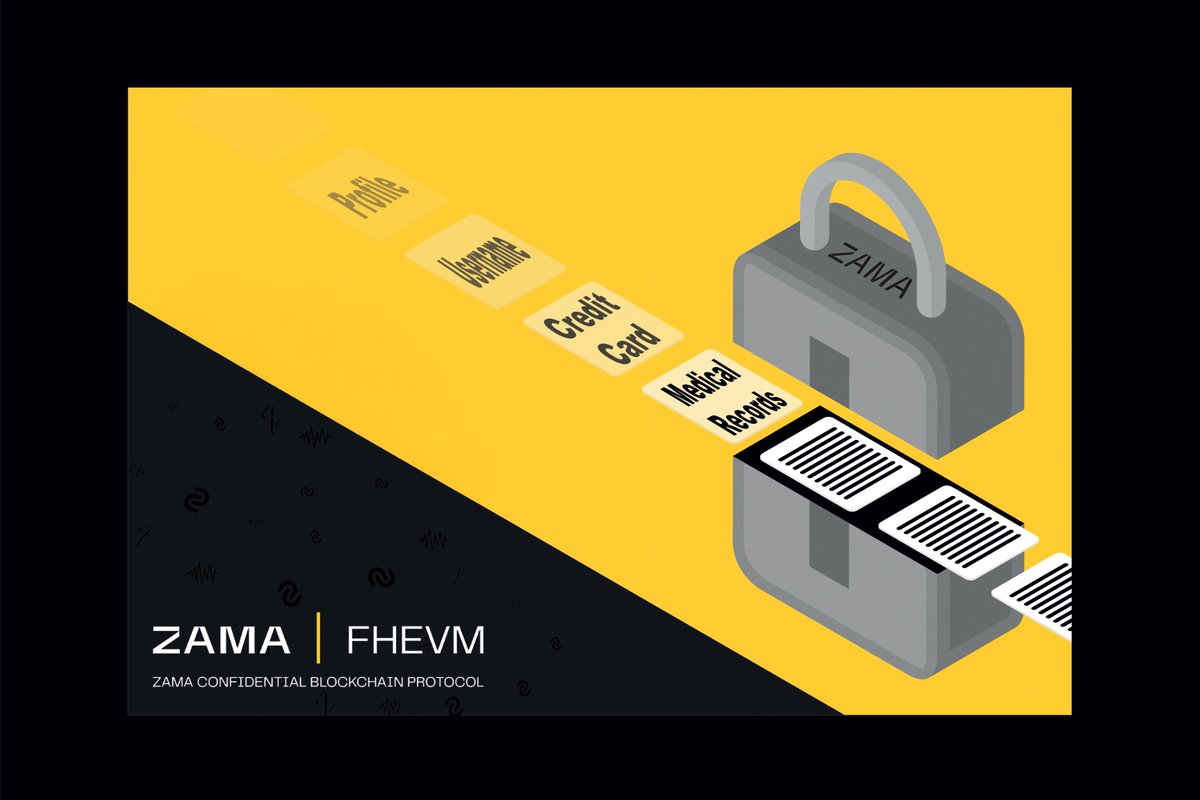
Cross-Chain Confidential Transactions: Zama’s fhEVM supports encrypted transactions across multiple blockchains, enabling privacy-preserving asset transfers and composable DeFi operations without exposing transaction details on public ledgers.
For those looking to stay ahead of the curve in blockchain security and privacy, now is the time to experiment with these tools. Early adopters will set the standards for how confidential DeFi applications operate, and how user trust is earned in an increasingly surveilled digital landscape.
For a deeper technical dive on how FHE transforms contract execution on Ethereum-compatible chains, see our detailed guide: How Fully Homomorphic Encryption Enables Confidential Smart Contracts on Ethereum.
Why Privacy-Preserving Smart Contracts Are Here to Stay
The demand for privacy in DeFi isn’t going away, it’s accelerating as more capital flows into on-chain finance and regulatory scrutiny intensifies. Innovations like Zama’s fhEVM are not just academic milestones but practical infrastructure upgrades that let users control their data without sacrificing programmability or composability.
As we move forward, expect to see increased adoption of confidential DeFi applications, from shielded stablecoins to private governance tokens and beyond. The narrative is shifting from transparency at all costs to smart selective disclosure, empowering users while keeping malicious actors at bay.






